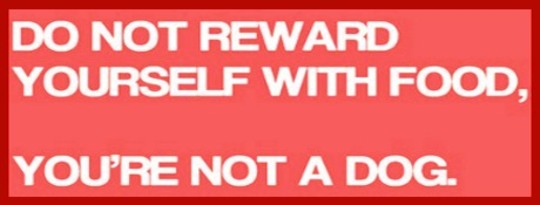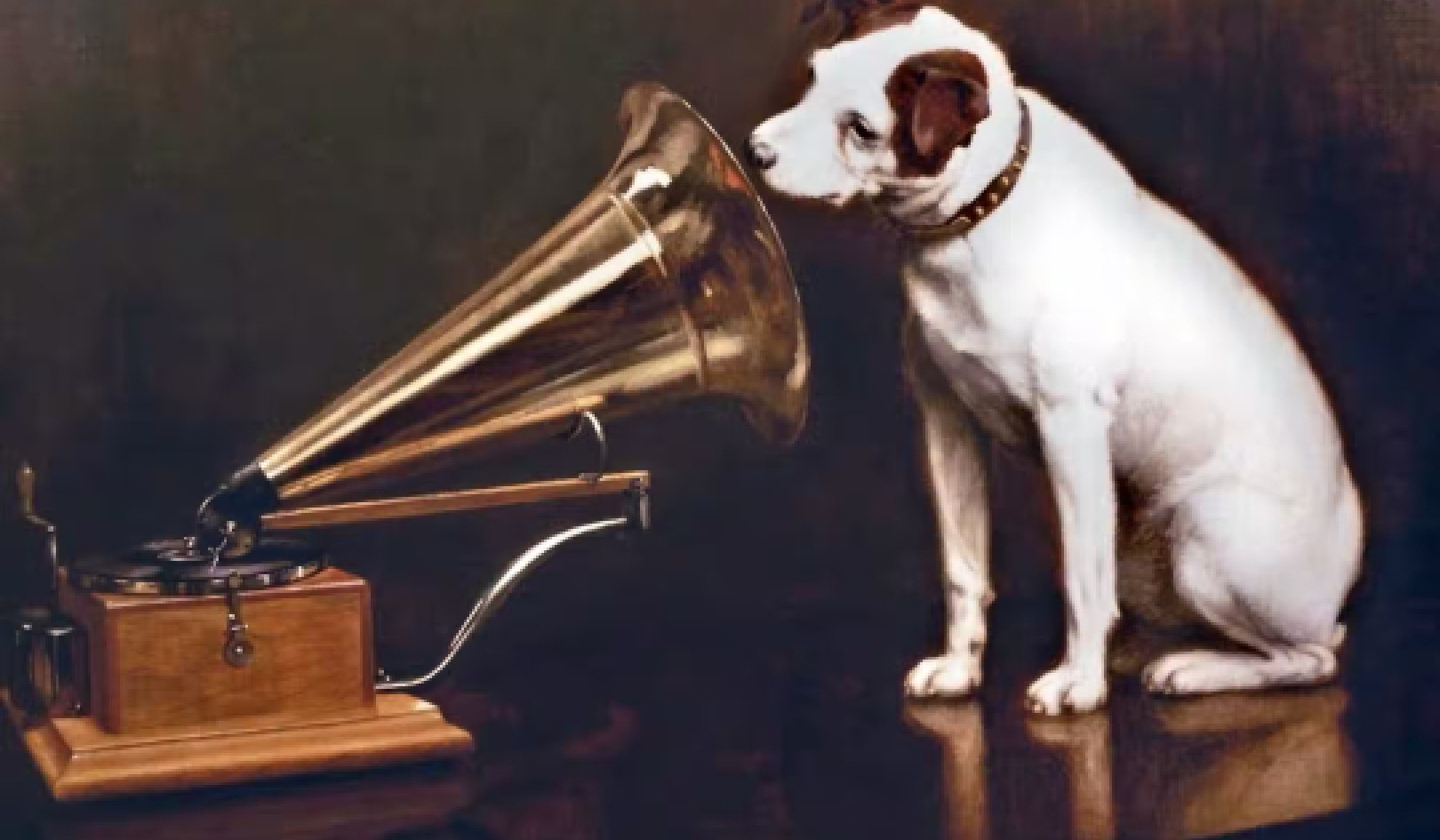
“Every patient carries her or his own doctor inside.”
—Albert Schweitzer (1875 - 1965)
What follows are possible early warning signs of an eating disorder or behaviors that, when repeated, can indicate an ongoing eating disorder. Be gentle with yourself as you examine the things you consider normal and routine, but which may indicate a serious problem.
You will benefit from reviewing the way you live. How you behave with and around food, how you eat and do not eat, and the habits and idiosyncrasies you’ve developed around eating relate to the full scope of your life.
For example, if you binge on food, you may also binge on people, or clothes, or drama. If you purge, you may feel clean and powerful when you throw away objects, leave gatherings, or end relationships. If you starve yourself, you may also restrict emotional nourishment and deprive yourself of money, education, and the opportunity for healthy relationships. If you feel proud when you refuse food, you may feel proud when you refuse assistance or opportunities to better your life.
Your Eating Disorder is a Valuable Life Teacher
Once you have an accurate picture of your eating disorder, you have a window into the patterns of your emotions and psychology. You also — and this is important — can use your eating disorder behaviors as a metaphor to understand how you behave in other situations. This is the beginning of making your eating disorder a valuable life teacher.
Your first and ongoing challenge is to not judge yourself. If you can’t resist criticizing yourself, give yourself a time limit to do so, and then do breathing exercises. A brief mindful breathing practice after a bout of self criticism can help you realign yourself with self-kindness.
What Is "Normal" Eating Anyway?
Defining unusual eating behaviors is a challenge, because what’s considered normal keeps changing in our culture. Unfortunately, this difficulty makes it easier for early warning signs of an eating disorder to be missed, denied, or rationalized. For recovery purposes, look at any form of eating that seems disordered and that troubles you, causes you problems, or is essential for you to cope with unbearable feelings.
In the not-so-distant past, taking time to sit at a dining table and eat three meals a day at a slow and gentle pace was normal. Now, grabbing a smoothie for breakfast while you dash for the car, rushing through a twenty-minute lunch “hour,” or ordering Chinese food and then eating it from the container with a group of friends are not extraordinary or bizarre activities. Living on fast food may not be part of a healthy lifestyle, but it doesn’t necessarily signal an eating disorder.
Eating a peanut butter sandwich for breakfast and having pancakes or scrambled eggs for dinner is not unusual in a fast-paced urban life, nor does it signal an eating disorder. Eating leftovers for breakfast doesn’t indicate an eating disorder, either. Such behavior may mean the food is convenient when you are in a hurry or that you liked it very much and are eager to have more before it spoils. It could also mean that you are being economical by not wasting food.
Which Eating Behaviors Indicate a Problem?
 Unusual eating behaviors that indicate a problem might include: hiding food so you won’t be tempted to eat it, but then becoming frantic later when you can’t find it in your usual hiding places or can’t remember if you ate it all already. Frantic, you suck on raw sugar cubes, drink maple syrup from the bottle, or find a bottle of chocolate sauce and drink it straight. None of this soothes as well as your binge food, but you feel a little more calm. You also feel terribly ashamed. And now the kitchen is a mess, and you’re anxious because you’ve got to cover your tracks.
Unusual eating behaviors that indicate a problem might include: hiding food so you won’t be tempted to eat it, but then becoming frantic later when you can’t find it in your usual hiding places or can’t remember if you ate it all already. Frantic, you suck on raw sugar cubes, drink maple syrup from the bottle, or find a bottle of chocolate sauce and drink it straight. None of this soothes as well as your binge food, but you feel a little more calm. You also feel terribly ashamed. And now the kitchen is a mess, and you’re anxious because you’ve got to cover your tracks.
Another indication is when you finish food that is partially eaten, like a container of ice cream. Then you replace the carton with another that is the same size, brand, and flavor, eating from it until the amount of ice cream matches the original before you took any.
You may pour hot sauce or hot spices on your food, not because you like the spices, but so the food will burn your mouth and throat and stomach. You hope that the pain involved with every bite will slow down your ability to binge and maybe stop you completely. If any of these examples sound familiar to you, you have an eating disorder.
Eating disorder indications take many forms. You cut food into many tiny pieces. You feel busy, thoroughly occupied, and safe for a moment while you are cutting because you are close to food but not eating. When you are eating with others you spit food into your napkin and hide it under your plate. You are angry or anxious if someone comments on what you are eating.
Why Appetite Control Drugs Won't Stop The Behavior
Appetite control drugs won’t stop this kind of behavior, because you are not reacting to food on the basis of physical hunger. Internally, you may feel like you’re warding off an incoming dark, rolling, heavy thundercloud that could destroy you unless you reach for your eating disorder behavior. Recovery is about developing ways to cope with such feelings without resorting to self-destructive behavior.
You seek recovery work when you realize the eating disorder you rely on to soothe you is causing more suffering than you can accept. Or you seek recovery when your eating disorder fails and you can no longer use it for emotional relief.
As you recognize symptoms and situations that relate to your eating disorder and understand that they are not fundamental to your nature, you will develop more distance and more curiosity about them. This helps you be more gentle and patient with yourself. When your self-criticism diminishes, you are free to take new recovery steps.
Reprinted with permission of the publisher, Conari Press,
an imprint of Red Wheel/Weiser, LLC. www.redwheelweiser.com.
©2011 by Joanna Poppink. All rights reserved.
This article was adapted with permission from the book:
Healing Your Hungry Heart: Recovering from Your Eating Disorder
by Joanna Poppink.
 Psychotherapist Joanna Poppink offers a comprehensive and effective recovery program for women with eating disorders, based on her thirty-year professional practice treating adults with anorexia, bulimia, and binge eating. She shares her personal struggles with bulimia, along with stories from a wide-range of clients she has counseled. Poppink primarily addresses women who have been suffering with eating disorders for years while they manage their careers, marriages, and families.
Psychotherapist Joanna Poppink offers a comprehensive and effective recovery program for women with eating disorders, based on her thirty-year professional practice treating adults with anorexia, bulimia, and binge eating. She shares her personal struggles with bulimia, along with stories from a wide-range of clients she has counseled. Poppink primarily addresses women who have been suffering with eating disorders for years while they manage their careers, marriages, and families.
Click here for more info and/or to order this book on Amazon.
About the Author
 Joanna Poppink, MFT, is a licensed psychotherapist specializing in treating adults with eating disorders. She studied psychology at UCLA and the Saybrook Institute and received her master’s degree from Antioch University. Joanna focuses treatment on eating disorder recovery because, today, eating disorders are a major threat to a woman's attempts to lead a fulfilling life. In her practice Joanna incorporates the latest findings of brain development and mindfulness practices in order to help women evolve beyond their dependence on eating disorders and move into a life of freedom and health. Visit her website at http://eatingdisorderrecovery.com
Joanna Poppink, MFT, is a licensed psychotherapist specializing in treating adults with eating disorders. She studied psychology at UCLA and the Saybrook Institute and received her master’s degree from Antioch University. Joanna focuses treatment on eating disorder recovery because, today, eating disorders are a major threat to a woman's attempts to lead a fulfilling life. In her practice Joanna incorporates the latest findings of brain development and mindfulness practices in order to help women evolve beyond their dependence on eating disorders and move into a life of freedom and health. Visit her website at http://eatingdisorderrecovery.com

























